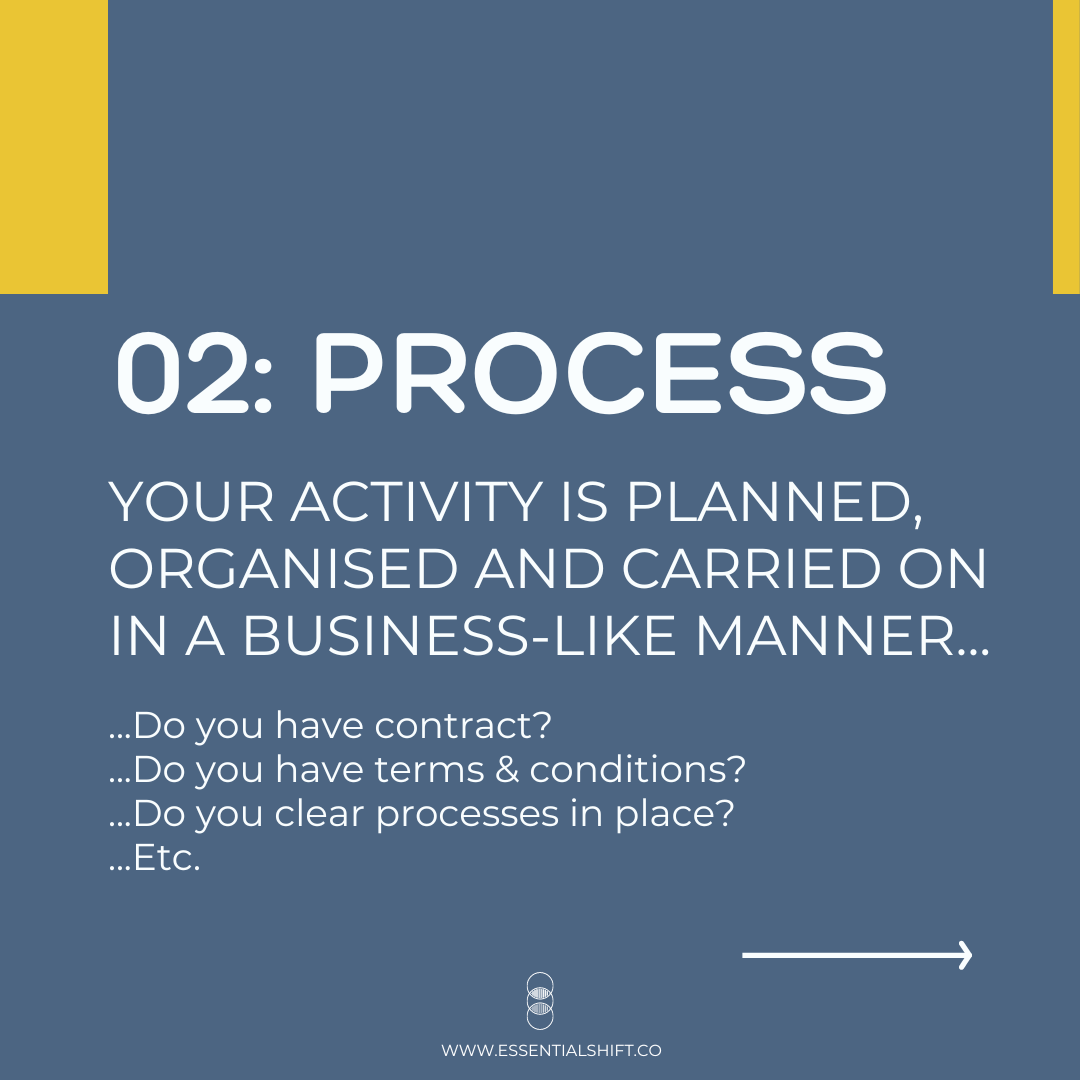Treat your business like a business not a hobby
Have you ever found yourself working all hours on your business because “you love it” and “it doesn’t feel like work’? While this is a great way to live (loving what you do), it can also lead to bad habits that we don’t want to create and boundaries we can’t then reset.
While at Essential Shift, it is all about playing to your energy, there are also foundations we think should be set to ensure you work to your energy all the time and don’t get into the habit of “I always work this much”.
So we have put together some practical tips on how to treat a business like a business. As well as mindset shifts you might need around business.
What I personally see is too many of you burning out because you are not treating your business like a business. You are not the leader that is needed for your business. You are probably treating it like a hobby or a side-hustle. And in the word side-hustle the word hustle is here!!!
I got the question recently from one of my private client: how have you grown your business exponentially in such a short period of time? The answer: I treated it from day one as a company. An empire. Which is what I’ll go into now.
Try instead to focus on investing your time in the 3 things I’m going to share from my decade of experience mentoring startups and impact driven entrepreneurs.
How do I tell if my activity is a hobby or a business?
According to the Australian Taxation Office (ATO) “a hobby is a pastime or leisure activity conducted in your spare time for recreation or pleasure”. It doesn’t have the reporting and structure that a business requires from a legal standpoint.
In case you need more clarity, here is how you can tell if you have a business, not a hobby:
The intention is to make profit
It is an activity for commercial reasons
The activity is planned and organised in a business manner
It really can be a challenge to determine whether you have a hobby in the start-up phase of your business when you are testing an idea. But it is important to recognise it as a business from the beginning. You intend for it to make you money in the future.
See below a series of questions you can ask around your business.
If you are ready to run a business…now what?
Of course, you want to make sure you have all the formal things in place that suggest you have a business. These things can include:
A registered ABN (Australian Business Number) or the required business registrations in your country
The right business structure that will work for you (soul trader, company etc)
Declaration of your income with your government
Many people do the registration of the ABN as sole trader and the logo and the name, but the four common mistakes I see are:
Not having a business account for your business expenses and revenues. It is essential to differentiate your personal and business accounts. It takes only a few minutes to create a business account with online banking now,
Not having contracts, terms and conditions in place. Making sure you then honour those terms and conditions,
Not paying yourself,
Last but not least, not having a business plan.
These are all very important elements of making your business a business and not just a hobby or side hustle!
The mindset shifts in business
Now for what I see the most. The mindset shifts that need to change around having a business. Let’s explore these:
When you introduce yourself, don’t say you have a side hustle or a ‘little business’. Step into your Sacred CEO energy. Your business is a real business . the shift is you will stop playing small. Others around you will see an energetic shift in you. You will invest in an accounting system like Xero, you will hire the right team members, the right mentor to help you reach that next level. etc.
When you have a business you make a clear shift between when you are working and not working. If you treat your business like a hobby you are always working, never disconnecting. I speak a lot about boundaries and this one is essential to not burn out.
When you have a business and not a hobby your clients take you seriously and you start pricing in a way that covers your costs, that generates profit. Go back to last week's episode about the innovative & sustainable profit model.
Final thoughts
We are big believers of work and life integration. We understand that when we love what we do, it comes part of our daily lives. It is about this work-life harmony but it is important for you as a business owner to have hobbies. What are your hobbies? What helps you disconnect in order to reconnect?
When we take time out of our business it allows us to keep the passion alive, to be excited for work and to allow for more ideas to arise. When we create these boundaries, it creates more harmony, not resentment.
What can you do today to start making your business more of a business?
Resources
Start being the Sacred CEO of your business
The 4 signs of burnout and how to prevent them



